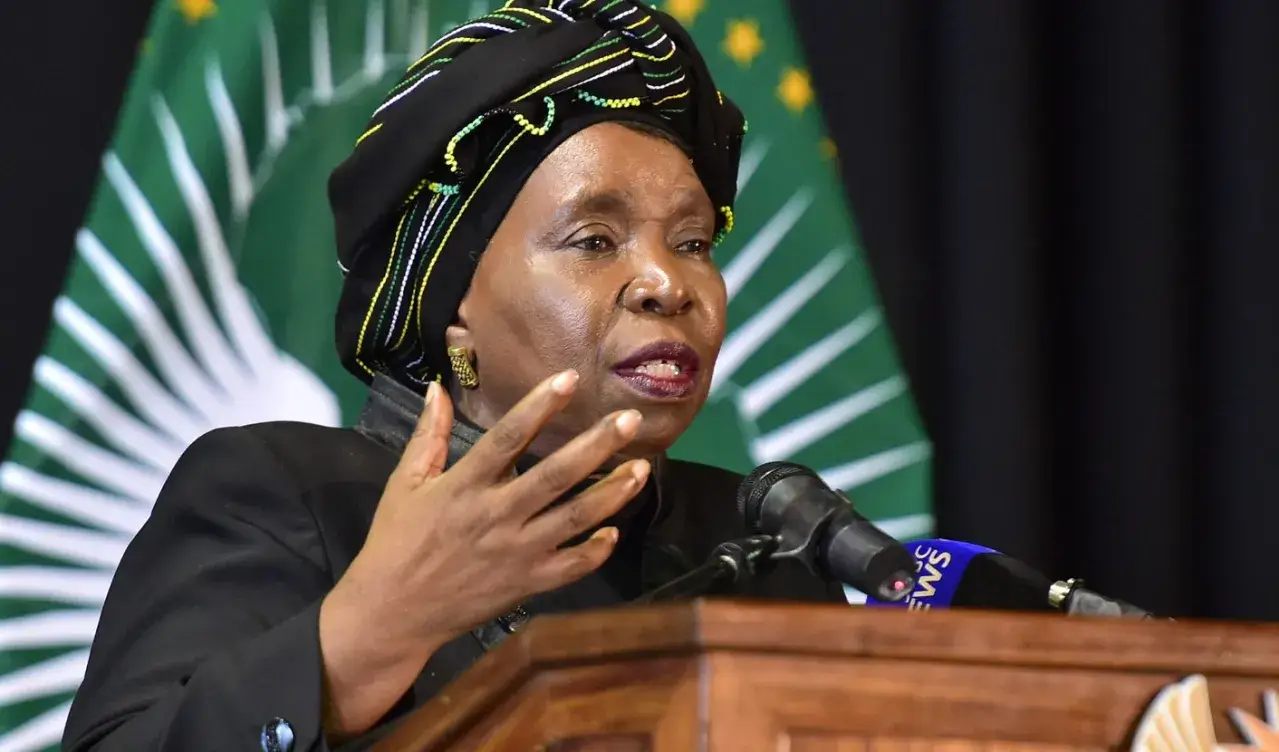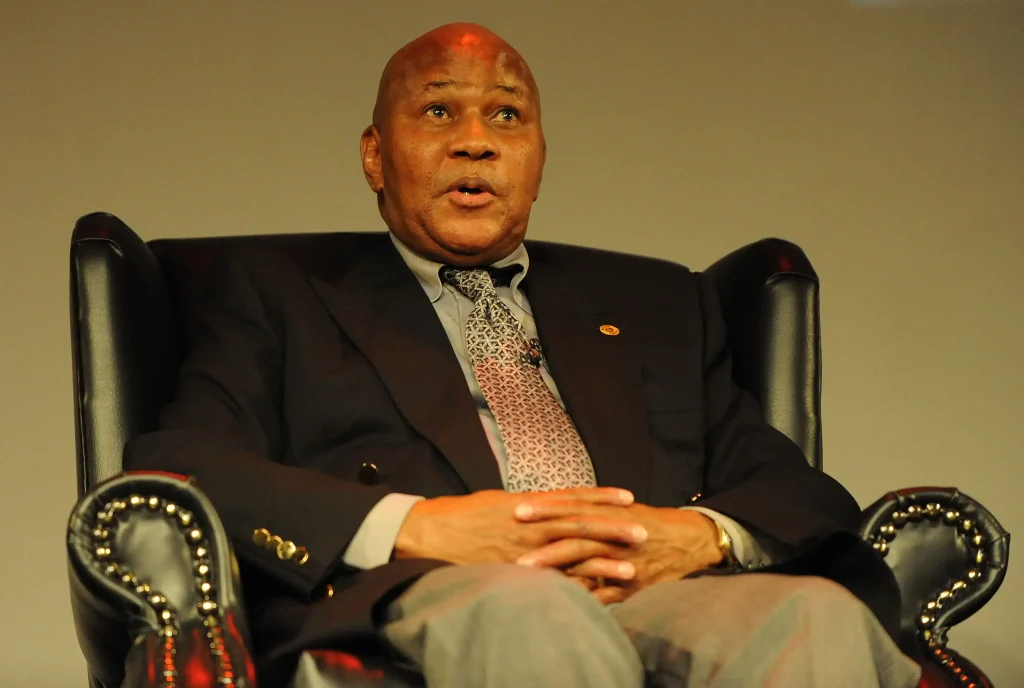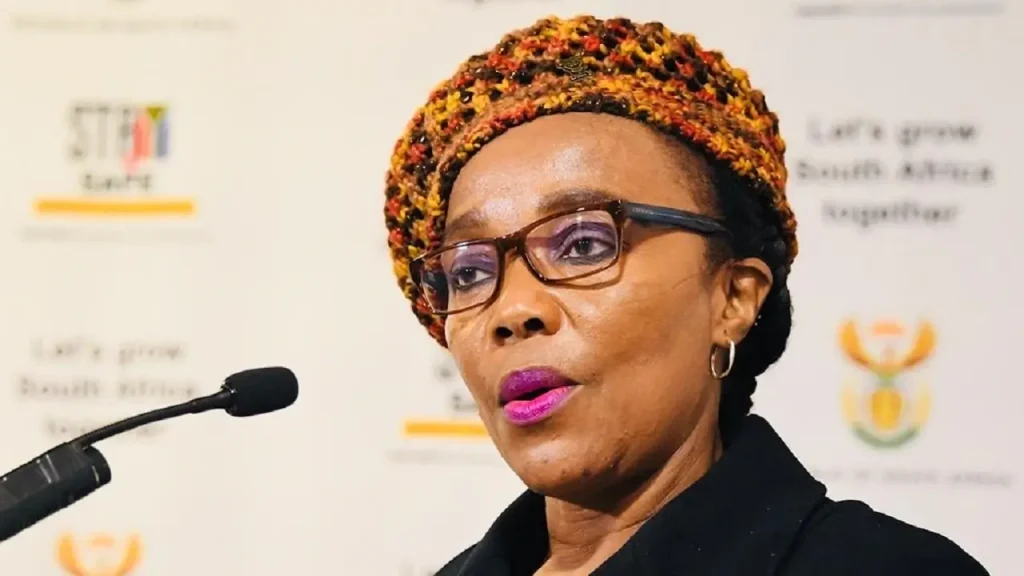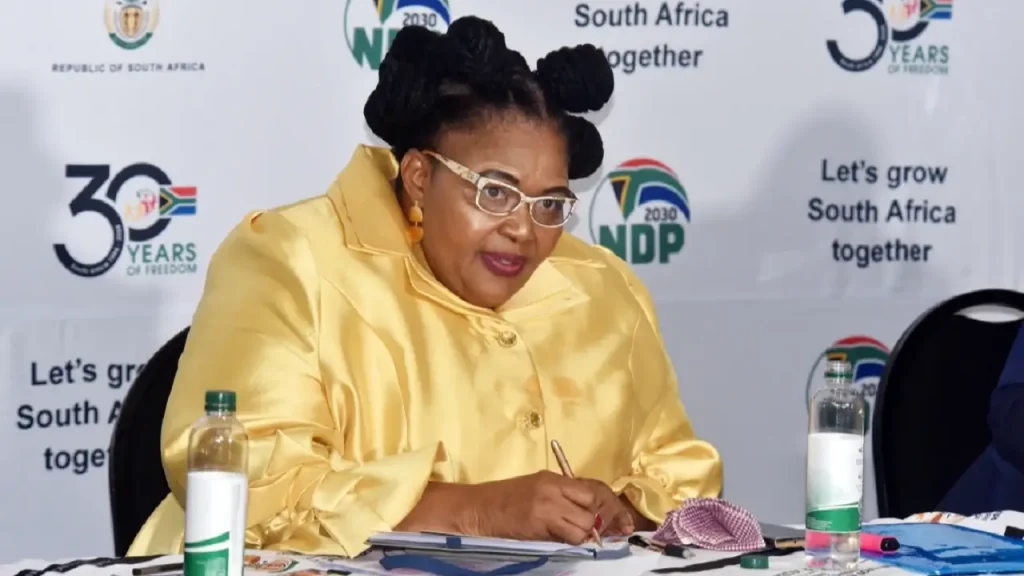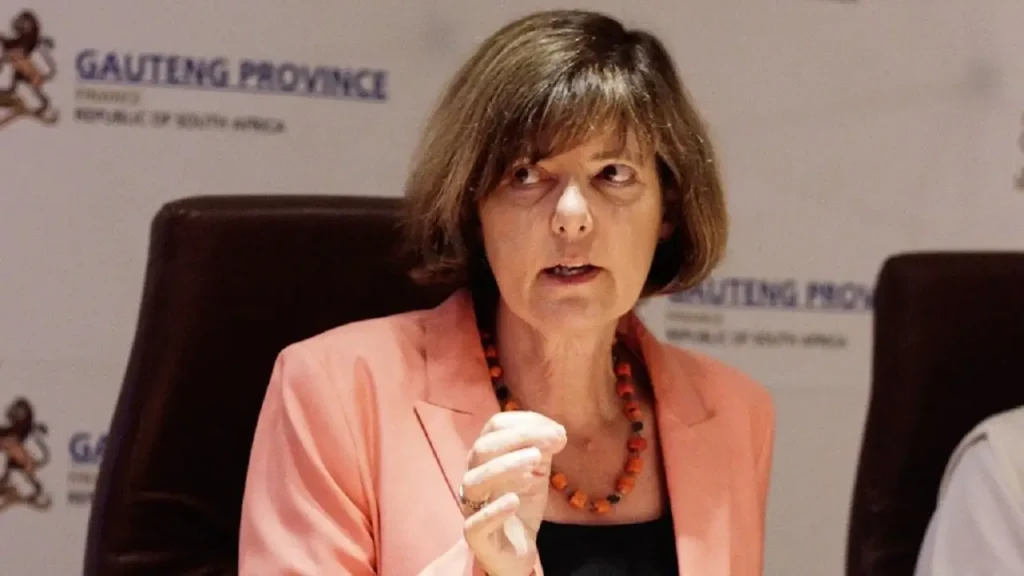Nkosazana Clarice Dlamini-Zuma, often referred to by her initials NDZ, is a South African politician, medical doctor, and former anti-apartheid activist who has had a long and distinguished career. A prominent figure in both South Africa’s political and medical landscape, she continues to leave her mark in a variety of spheres. From leading the African Union to holding key government positions, here are 21 facts about Nkosazana Dlamini-Zuma that showcase her exceptional life and career.
1. Early Life and Education
Nkosazana Dlamini-Zuma was born on January 27, 1949, in Natal (now KwaZulu-Natal), South Africa, to a Zulu family. Her father, Willibrod Gweva, was a teacher, and her mother, Rose, was a homemaker.
2. Pioneering Medical Career
She pursued a degree in medicine at the University of Natal after earning a BSc in Zoology and Botany from the University of Zululand. She graduated as a medical doctor from the University of Bristol in the UK in 1978.
3. Anti-Apartheid Activism
As a student, Dlamini-Zuma became active in the Black Consciousness Movement through the South African Students’ Organisation. Her political activities led her to go into exile in 1976 due to growing attention from the South African police.
4. International Exile
During her years in exile, she lived in the United Kingdom and Swaziland (now Eswatini), where she practiced medicine and contributed to the African National Congress (ANC) underground movement.
5. Marriage to Jacob Zuma
In 1982, Dlamini-Zuma married Jacob Zuma, who would later become the president of South Africa. They had four daughters before divorcing in 1998.
6. Chairperson of the African Union Commission
From 2012 to 2017, Dlamini-Zuma served as the Chairperson of the African Union Commission, becoming the first woman to hold this prestigious position.
7. South Africa’s First Female Health Minister
Dlamini-Zuma was appointed as Minister of Health in 1994 by President Nelson Mandela. She focused on desegregating the healthcare system and implemented anti-tobacco measures.
8. Minister of Foreign Affairs
In 1999, she became South Africa’s Minister of Foreign Affairs under President Thabo Mbeki. Her tenure was marked by a strong focus on pan-Africanism and South Africa’s role in global diplomacy.
9. Controversial HIV/AIDS Policy
During her time as Health Minister, Dlamini-Zuma’s support for Virodene, an unproven HIV/AIDS treatment, drew significant controversy and public backlash.
10. Successfully Transformed Home Affairs
Appointed as Minister of Home Affairs in 2009, Dlamini-Zuma was credited with transforming the department, which had been plagued by corruption and inefficiency, into one of the government’s better-performing departments.
11. International Diplomatic Role
Dlamini-Zuma played a key role in shuttle diplomacy during the Second Congo War in 1999 and helped mediate peace talks between Uganda and Rwanda.
12. Gender and Human Rights Advocate
As Chairperson of the African Union, Dlamini-Zuma was a passionate advocate for gender equality, human rights, and the implementation of Agenda 2063, Africa’s blueprint for growth.
13. A Controversial Chairperson
While her tenure as Chairperson of the African Union was marked by controversy, including criticisms of her leadership style and absenteeism, she did enhance the organization’s professionalism and advocacy for gender representation.
14. Minister During COVID-19
In her later role as Minister of Cooperative Governance, Dlamini-Zuma became one of the most visible figures during South Africa’s COVID-19 lockdown in 2020, responsible for promulgating the controversial lockdown regulations.
15. 2022 Presidential Campaign
Dlamini-Zuma made a bid for the ANC presidency in 2017 but lost to Cyril Ramaphosa. She attempted to run again in 2022, garnering support from some factions within the ANC.
16. Philanthropic Efforts
Her passion for healthcare led her to contribute significantly to NGOs, particularly those focused on the health and well-being of children in tropical regions. She also worked in refugee health care.
17. Academic Recognition
In 2019, she was appointed the Chancellor of the University of Limpopo, a largely ceremonial position, marking her influence in South Africa’s academic sphere.
18. Recognition for Leadership
Dlamini-Zuma has been recognized globally for her leadership, including being listed among New African magazine’s top 100 most influential Africans in 2013 and included in BBC’s 100 Women in 2015.
19. Minister of Women, Youth, and Disabilities
In 2023, President Ramaphosa appointed her as the Minister in the Presidency responsible for Women, Youth, and Persons with Disabilities, further strengthening her role in shaping South Africa’s policies on social equity.
20. Her Stance on Land Redistribution
During her presidential campaign, Dlamini-Zuma called for land redistribution and economic transformation, aligning herself with the Radical Economic Transformation (RET) faction of the ANC.
21. Controversial Associations
Dlamini-Zuma’s 2017 presidential campaign was marred by allegations of connections to tobacco smuggling and a controversial tweet referring to public protests as “rubbish,” which she later claimed was “fake.”

